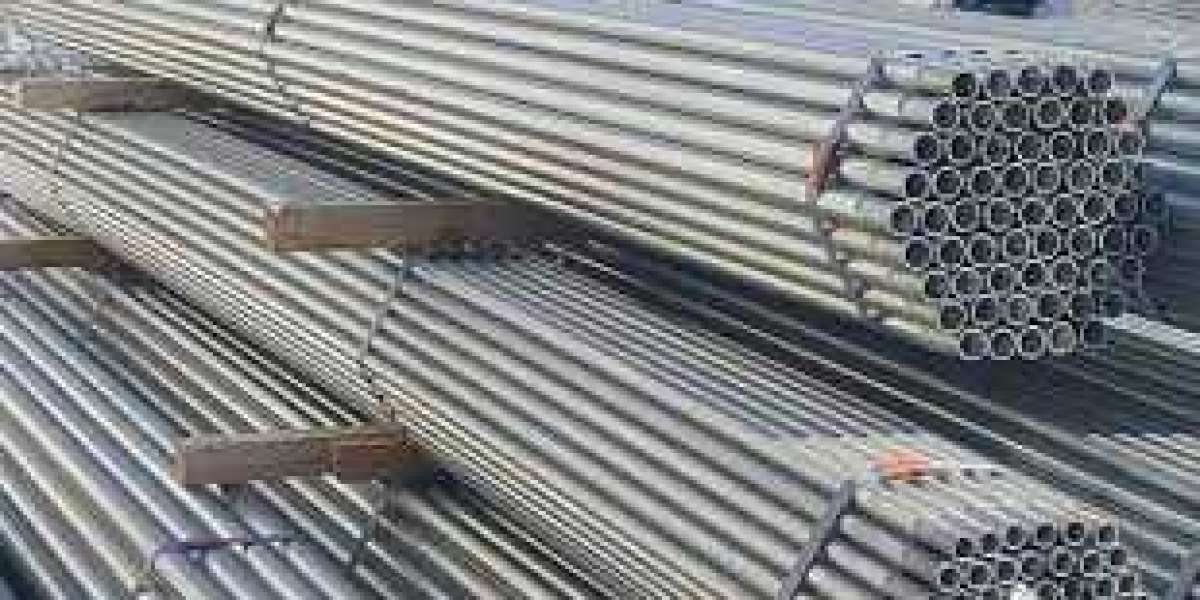Iron pipes, a stalwart material in construction and plumbing, have been used for centuries due to their durability and strength. While newer materials like PVC and copper have gained popularity, iron pipes continue to hold their ground, especially in certain applications.
Types of Iron Pipes
Cast Iron Pipes:
Durability: Extremely durable and resistant to corrosion.
Strength: Can withstand high pressure and heavy loads.
Noise Reduction: Effective in reducing water hammer and other noise-related issues.
Disadvantages: Heavy and difficult to install, prone to rust if not properly coated.
Wrought Iron Pipes:
Corrosion Resistance: High resistance to corrosion due to its protective oxide layer.
Malleability: Can be easily bent and shaped.
Disadvantages: More expensive than other types of iron pipes, susceptible to damage from impact.
Advantages of Iron Pipes
Durability: Iron pipes are known for their longevity and ability to withstand harsh conditions.
Strength: They can handle high water pressure and heavy loads.
Fire Resistance: Iron pipes are highly resistant to fire, making them a safe choice for plumbing and heating systems.
Cost-Effective: While the initial cost may be higher, the long-term durability and low maintenance costs make iron pipes a cost-effective choice.
Disadvantages of Iron Pipes
Corrosion: Iron pipes are susceptible to corrosion, especially in areas with high humidity or acidic water.
Weight: Iron pipes are heavy, which can make installation difficult.
Susceptibility to Damage: They can be prone to damage from impact and vibration.
Modern Applications of Iron Pipes
While iron pipes may not be as widely used as they once were, they still have important applications:
Industrial Plumbing: In industrial settings, iron pipes are used for heavy-duty applications due to their durability and strength.
Fire Sprinkler Systems: Iron pipes are commonly used in fire sprinkler systems due to their fire resistance.
Gas Distribution: They are used in gas distribution systems for their strength and reliability.
Historical Restoration: Iron pipes are often used in the restoration of historic buildings to preserve their original character.
The Decline of Iron Pipes
The decline in the use of iron pipes can be attributed to several factors:
Corrosion: Despite advances in corrosion prevention techniques, iron pipes are still susceptible to rust and corrosion, especially in harsh environments.
Weight: The weight of iron pipes can make installation and maintenance difficult and costly.
Aesthetic Appeal: Newer materials like copper and PVC offer a more modern and aesthetically pleasing appearance.
Environmental Concerns: The production and disposal of iron pipes can have environmental impacts.
The Future of Iron Pipes
While the use of iron pipes has declined in recent years, they still have a place in certain applications. As technology advances, new methods of corrosion prevention and installation may help to revitalize the use of iron pipes in the future.
Conclusion
Iron pipes have a long and storied history in construction and plumbing. While their use has declined in recent years, they remain a valuable material with unique properties. By understanding the advantages and limitations of iron pipes, we can make informed decisions about their use in modern construction projects.
If you are looking for best quality steel online, please visit our website : www.steeloncall.com or you can contact us through our toll-free number: 18008332929
#IronPipes #IronPipesPrice #ConstructionMaterials #WaterPipes







